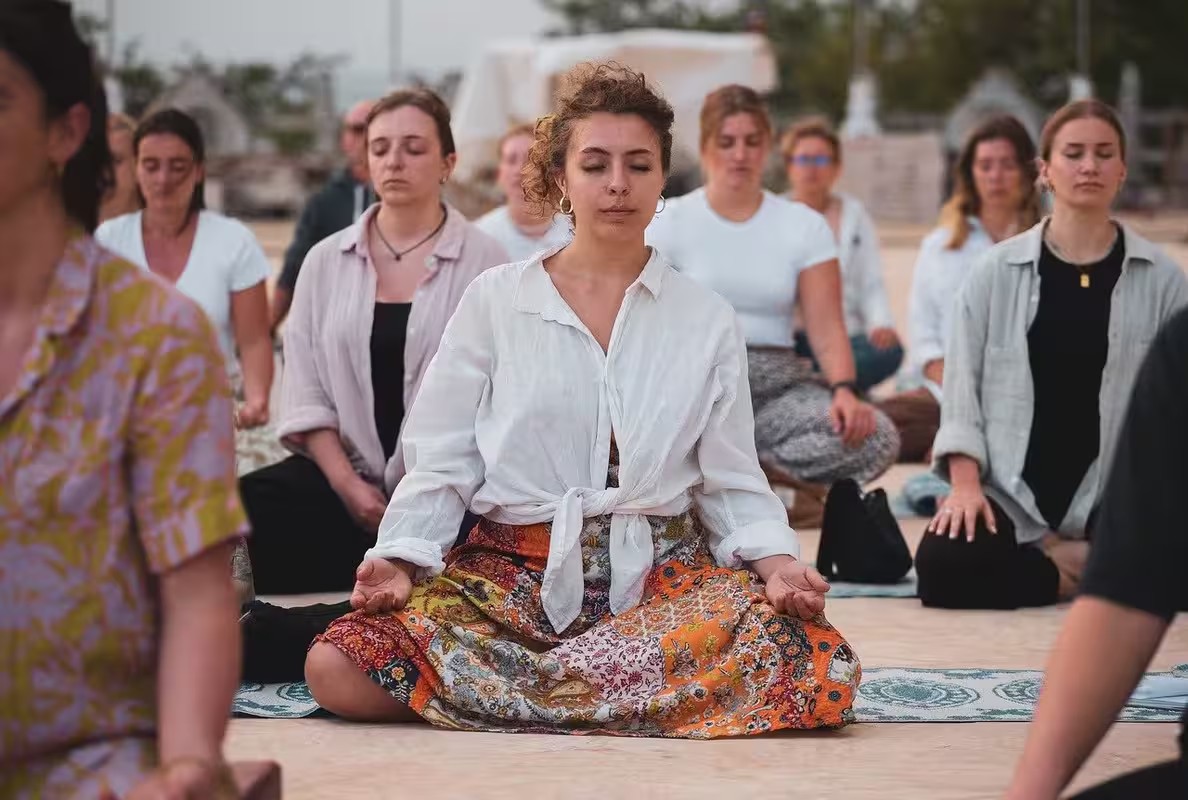More

The Psychology of Strength Training: Staying Motivated
Feb 22, 2024
Dance-Based Cardio: From Zumba to Ballet
Dec 03, 2023
Maintaining a Healthy Diet While Dining Out
Feb 20, 2024
Advertisement
In today’s fast-paced world, where the demands of work, family, and societal expectations often outweigh personal needs, finding time for self-care can seem like a luxury we can’t afford. However, making time for ourselves is not an indulgence but a necessity for maintaining our mental, physical, and emotional well-being. This comprehensive guide delves into the essence of self-care and provides practical tips for integrating self-care practices into even the busiest schedules.
Definition: Self-care encompasses a range of activities and practices that individuals engage in to promote health, reduce stress, and enhance overall quality of life.
Characteristics: Effective self-care practices are intentional, holistic, and personalized. They cater to the mind, body, and spirit, aiming to replenish and rejuvenate on every level.
Evaluation Criteria: The effectiveness of self-care practices can be measured by improvements in well-being, a reduction in stress levels, and an enhanced ability to manage daily challenges.
Regular self-care practices help combat anxiety, depression, and stress by providing a mental break and fostering a positive mindset.
Activities like exercise, adequate sleep, and nutritious eating contribute to better physical health and energy levels.
Taking time for self-reflection and engaging in activities that bring joy can improve emotional resilience and relationships.
Understand that self-care is not selfish—it’s necessary. Identify activities that genuinely make you feel good and make them a non-negotiable part of your schedule.
Even five minutes of mindfulness or a short walk can significantly impact your day. Acknowledge that every little bit counts.
Leverage apps for meditation, fitness, or nutrition to support your self-care goals in an efficient way that fits your lifestyle.
Learn to say no to overcommitments and allocate specific times for work and rest to ensure you have moments for self-care daily.
Evaluate areas of your life that need more attention, whether it’s physical health, stress management, or personal growth.
Define what you hope to achieve with your self-care practices and set attainable goals.
Choose self-care activities that address your goals and can be easily integrated into your daily routine.
Regularly assess how your self-care plan is affecting your well-being and make adjustments as needed to ensure it remains effective and enjoyable.
Many people struggle to maintain consistent self-care routines due to time constraints, guilt, or not knowing where to start.
Break down your self-care activities into small, manageable tasks and identify pockets of time in your schedule, even if it's just a few minutes a day.
Remember that caring for yourself allows you to show up as your best self for others. Self-care is not selfish; it’s essential.
Begin with simple activities that bring you joy or relaxation. Experiment with different practices to find what works best for you.
In our incessant rush to meet life’s demands, self-care is often sidelined. Yet, its importance cannot be overstated. Embracing self-care is embracing a commitment to our well-being, allowing us to navigate life’s challenges with resilience, compassion, and inner peace. Start small, be consistent, and remember: the journey to self-care is a personal one, filled with discovery and growth. By prioritizing ourselves, we not only enhance our own lives but also enrich the lives of those around us.
Identify small moments in your day for self-care, like practicing mindfulness during your commute or taking short breaks for stretching or deep breathing.
Yes, regular self-care practices such as exercise, meditation, and spending time in nature can significantly reduce anxiety and improve mental health.
You may notice improvements in your mood, stress levels, and overall well-being. It’s also important to feel a sense of joy and fulfillment from your self-care activities.
Focus on what you can control, simplify your routine, and seek support from friends, family, or professionals when needed.
Self-care is highly personal. Explore different activities that make you feel relaxed and happy, whether it’s cooking, listening to music, or gardening. The key is to find what works for you.
This comprehensive guide is designed to help you navigate the journey of incorporating self-care into your busy life. Remember, self-care is a personal and evolving process that plays a crucial role in your overall well-being. Here's to finding peace and fulfillment on your self-care journey.



